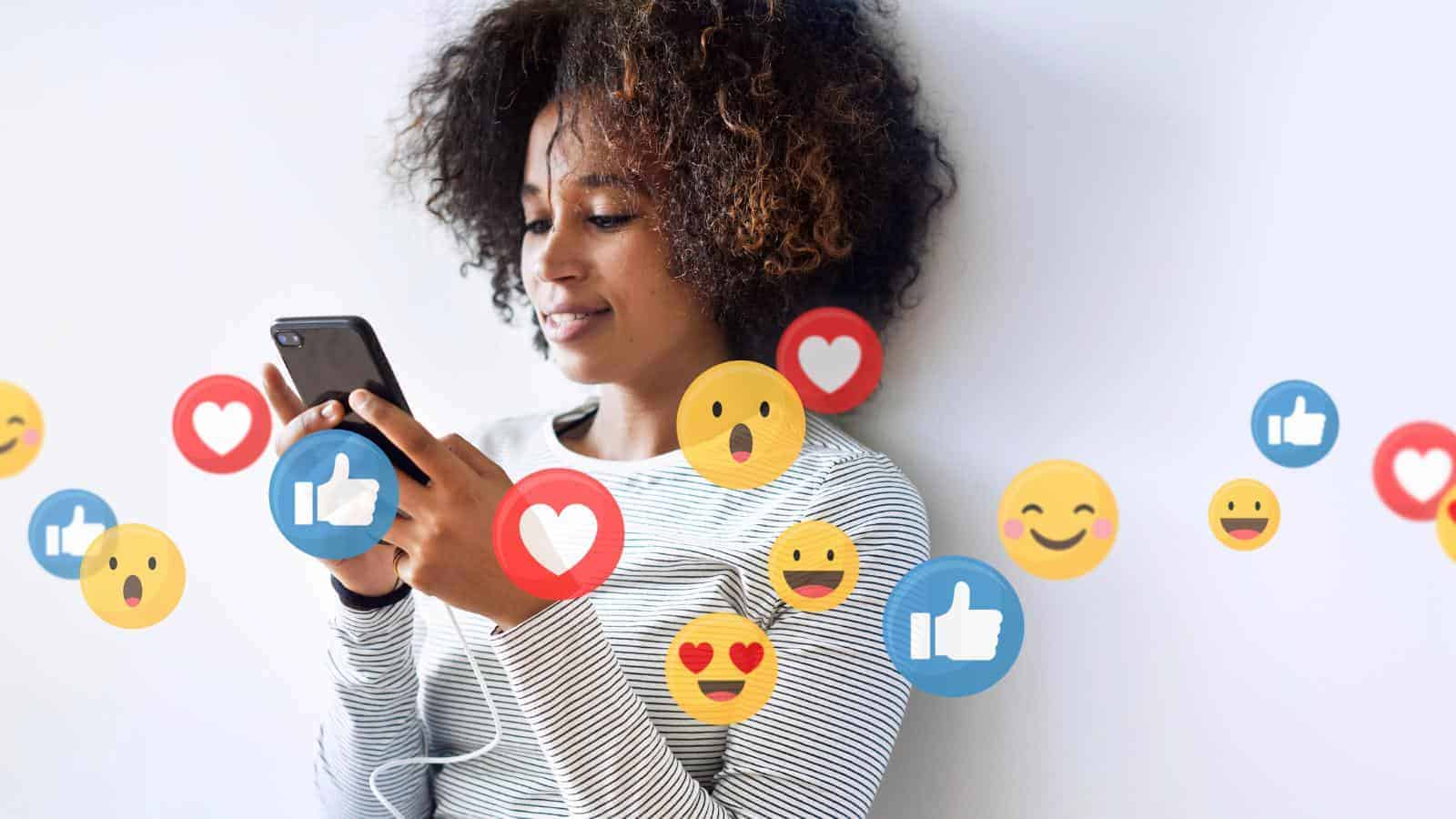What was once considered polite can now be seen as outdated or even rude. Gen Z has brought a fresh perspective to manners, often clashing with the norms of older generations. Here are 17 things we used to think were good manners but Gen Z says are ‘rude.’
Addressing Adults with Titles and Last Names

Remember when calling someone “Mr. Smith” or “Mrs. Johnson” was a sign of respect? Gen Z finds this overly formal and prefers first names to foster a more relaxed and approachable atmosphere. They believe it breaks down unnecessary barriers and promotes equality in conversations.
Men Always Picking Up the Check

The old dating rule that men should always pay for dinner is fading fast. Gentleman’s Journal says, “It’s true that some women are actively insulted if men insist on paying for everything, whereas others think it’s chivalrous and gentlemanly if they do.” Gen Z prefers a more egalitarian approach where the person who initiated the date offers to pay, or they simply split the bill. This shift reflects their broader views on gender equality and fairness.
Kissing Someone’s Hand

Once a chivalrous gesture, hand-kissing is now seen as pretentious and, frankly, a bit creepy. Gen Z would rather you keep your lips to yourself and opt for a friendly handshake, fistbump, or a simple “hello” instead.
Switching Conversation Partners at Dinner

The practice of rotating conversation partners during a meal to ensure everyone gets a chance to talk is now considered unnecessary. Gen Z prefers organic conversations with those they feel most comfortable with, making dinner parties less structured and more enjoyable. Though they may miss out on getting to know someone new.
Using Full Stops in Text Messages

To Gen Z, a full stop at the end of a text message can come across as passive-aggressive or overly formal. They prefer a more fluid and casual texting style, often using emojis or leaving sentences open-ended to keep the conversation light and friendly, while older generations are wondering if they ever learned grammar in school.
The Thumbs-Up Emoji

The NY Post reports, “Gen Zers are calling out the popular thumbs-up emoji for being ‘rude’ and ‘hostile,’ even saying they feel attacked whenever they see it used in the workplace.” What was once a simple way to show approval is now seen as dismissive and cold. Gen Z interprets the thumbs-up emoji as a way of saying, “I acknowledge you, but I don’t care enough to respond properly.” They prefer more expressive emojis to convey their feelings.
Eye Contact

While making eye contact was once a sign of respect and attentiveness, Gen Z finds it can sometimes be too intense or invasive. They prefer a balance where eye contact is made but not held for too long to avoid making others uncomfortable.
Dressing Formally for Every Occasion

Gone are the days when dressing up was a must for every event. Gen Z values comfort and authenticity over formality, especially in the workplace, where they don’t see suits and ties as making them any better at what they do.
Using Formal Language in Casual Settings

Formal language in everyday conversations can come off as stiff and insincere to Gen Z. They prefer a more relaxed and genuine way of speaking, which they feel better reflects their personalities and builds stronger connections.
Not Using Emojis in Professional Communication

While older generations might see emojis as unprofessional, Gen Z believes they can add a touch of personality and warmth to digital communication. They argue that a well-placed emoji can help convey tone and emotion that text alone might miss.
Not Asking for Feedback

Older generations might avoid asking for feedback to not seem insecure, but Gen Z values it as a tool for growth. They actively seek constructive criticism to improve their skills and performance, seeing it as a sign of dedication and professionalism. According to the Washington Post, “Gen Z also expects feedback to be immediate.” No waiting in confusion for them.
Keeping Work and Personal Life Separate

The strict separation of work and personal life is less important to Gen Z. They bring their whole selves to work, which includes sharing aspects of their personal lives. This approach helps them feel more connected and engaged with their work and colleagues.
Avoiding Social Media at Work

Using social media at work may seem like a way to slack off and not do your job for most of us. For these digital natives, social media is a tool used for networking and finding information, not just a time kill.
Not Speaking Up in Meetings

Staying quiet in meetings to avoid rocking the boat is seen as a missed opportunity by Gen Z. They believe in voicing their opinions and ideas, even if it means challenging the status quo. This approach fosters innovation and ensures diverse perspectives are heard.
Avoiding Digital Communication

Older generations might prefer face-to-face or phone communication, but Gen Z is all about digital. They find texting, instant messaging, and video calls to be more efficient and less intrusive, allowing for quick and effective communication. But what do you expect from a generation that spent much of their social development in lockdown?
Not Using Humor in Professional Settings

Humor in the workplace was once frowned upon, but Gen Z believes it can build camaraderie and make work more enjoyable. A well-timed joke can lighten the mood and strengthen team bonds, making the work environment more pleasant. Who says work and play can’t go together?
Avoiding Personal Branding

Older generations might see personal branding as self-promotion, but Gen Z views it as essential. Gen Z adults are big believers in themselves. Specifically, 67% believe it’s very (25%) or somewhat (42%) important to have a strong personal brand, according to new research from Morning Consult Pro. A personal brand helps them stand out in a competitive job market and showcases their unique skills and personality.
Up Next: 17 Places in the U.S. Where Even Truck Drivers Won’t Stop

Truck drivers tend to be hardy souls—well-seasoned travelers who aren’t often afraid to rest up or refuel in risky locations. However, there are certain U.S. locations that even the most road-weary trucker refuses to stop at for fear of criminal activity or natural dangers. Here are 17 such locations that even experienced truck drivers approach with trepidation (or not at all).
17 PLACES IN THE U.S. WHERE EVEN TRUCK DRIVERS WON’T STOP
17 Things Guests Actually Notice Right Away About Your House

Inviting people into your home is a big deal. You may be very house-proud or house-conscious, and if you are either, you’ll likely get anxious about hosting. If this sounds like you, stop worrying and focus on the following 17 things that guests actually notice right away about your house.
17 THINGS GUESTS ACTUALLY NOTICE RIGHT AWAY ABOUT YOUR HOUSE
The 17 Unhappiest States in America

The US has hit an all-time low position in the World Happiness Index, tumbling to 23rd in 2024. However, it’s important to remember that location is an important factor; many US states are very happy, unlike the following 17 US states that appear to be the most unhappy.
